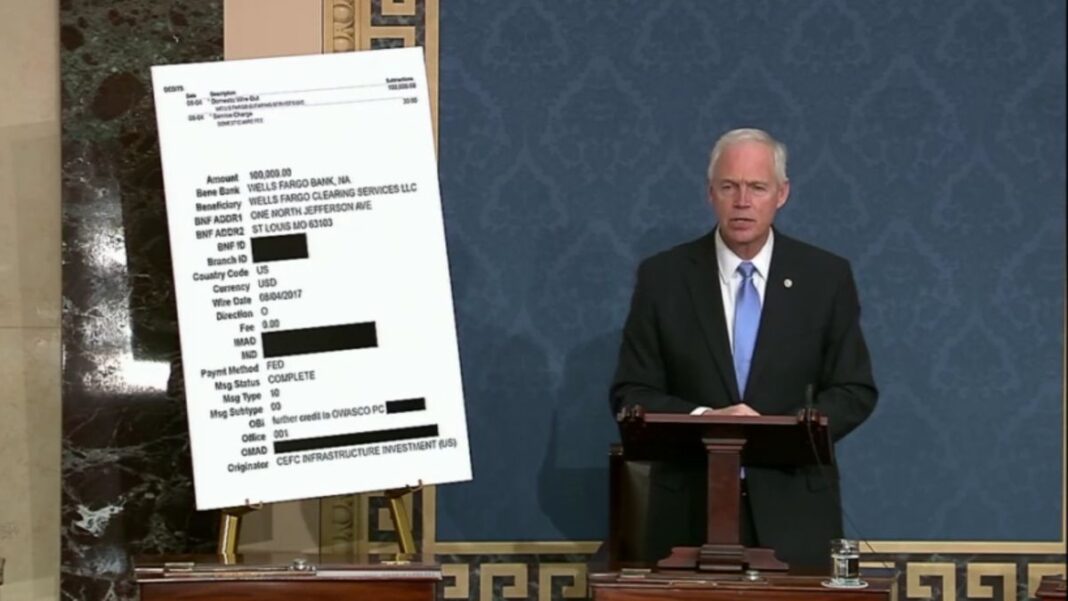- BlackRock President Rob Kapito made the remark at a conference on Tuesday
- Kapito, 65, said an ‘entitled generation’ would be shocked by coming shortages
- The BlackRock founder has an estimated net worth of more than $400M
- Meanwhile, average Americans will pay $433 more per month due to inflation
- Economists say nearly half of the extra costs will be from food and energy
- Shortages in labor and raw materials continue to drive up consumer prices
The president of BlackRock investment firm has said that an ‘entitled generation’ of Americans will face the shock of goods shortages for the first time in their lives as supply chain disruptions continue to spur high inflation.
‘For the first time, this generation is going to go into a store and not be able to get what they want,’ BlackRock co-founder Rob Kapito said at an energy conference in Austin, Texas on Tuesday, according to Bloomberg.
‘And we have a very entitled generation that has never had to sacrifice,’ added the 65-year-old Kapito, who has an estimated net worth of more than $400 million and made $24.6 million in total compensation in 2020.
‘I would put on your seat belts because this is something that we haven’t seen,’ said Kapito, who blamed a shortage of workers, energy and agricultural supplies for soaring ‘scarcity inflation’.
It was not clear from his remarks which generation of Americans Kapito considered to be ‘entitled’, and a BlackRock spokesperson did not immediately respond to an inquiry from DailyMail.com on Wednesday.
Meanwhile, economists with Bloomberg are warning that the average American should budget an extra $5,200 this year for higher prices – or an extra $433 every month.
Economists Andrew Husby and Anna Wong write that households can expect to pay thousands more in 2022 for the same basket of goods and services they used last year.
‘The excess savings built up over the pandemic, and increases in wages, will cushion those costs, and allow spending to expand at a decent pace this year,’ they wrote.
‘But accelerated depletion of savings will increase the urgency for those staying on the sidelines to join the labor force, and the resulting increase in labor supply will likely dampen wage growth.’
The economists estimate that higher food and energy costs will account for about $2,200 of the extra $5,200 that households can expect to pay this year.






